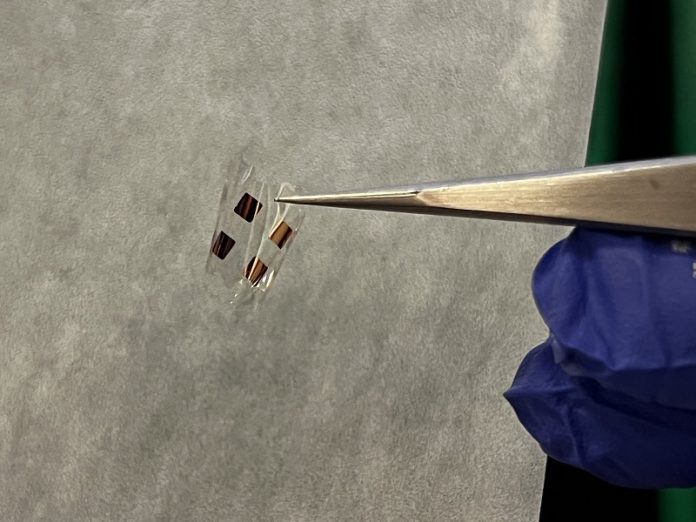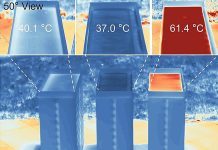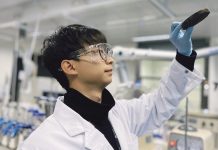
Battery researchers from the University of California San Diego and the University of Chicago have made a significant breakthrough in the field of lithium battery technology.
The team has invented a new way to produce a special kind of solid-state electrolyte called lithium phosphorus oxynitride, or LiPON, which could revolutionize how future lithium batteries are made.
To make this easier to understand, let’s first explain what LiPON is and why it’s important.
In a battery, an electrolyte is a material that allows for the movement of ions (charged atoms) from one end of the battery to the other.
This flow of ions is what generates the electric current. The special thing about LiPON is that it’s a solid, thin film that allows lithium ions to move through it.
This means it could be used in very thin, lightweight batteries, perfect for use in wearable technology and other small electronic devices. However, until now, it’s been tough for scientists to study LiPON and its properties.
Why is that? Well, there are a few reasons. First, LiPON is a kind of material that doesn’t give much information about its structure, which makes it hard to study.
It’s also pretty sensitive to air and certain types of light, which makes it even trickier to investigate. Finally, traditional methods of making LiPON were done on solid surfaces, which didn’t allow for complete study.
This is where the breakthrough comes in. The research team, led by Professor Ying Shirley Meng and first author Diyi Cheng, managed to develop a new method to create LiPON as a free-standing thin film.
This new version of LiPON is flexible, transparent, and more compatible with different study techniques, allowing the researchers to better understand how it behaves.
Some of their key findings include discovering how LiPON interacts with lithium metal, its temperature stability, and its hardness.
Importantly, they found that this new type of LiPON, when used in battery tests, promotes a uniform flow of lithium ions, even without any external pressure. This is a big deal because it opens up the possibility of creating lithium metal batteries that don’t require any external pressure to work efficiently.
These exciting developments shed new light on the fundamentals of LiPON materials and open the door for future advancements in lithium solid-state battery technology.
Imagine super slim, highly efficient batteries powering our future gadgets, all thanks to this game-changing discovery!
Follow us on Twitter for more articles about this topic.



